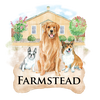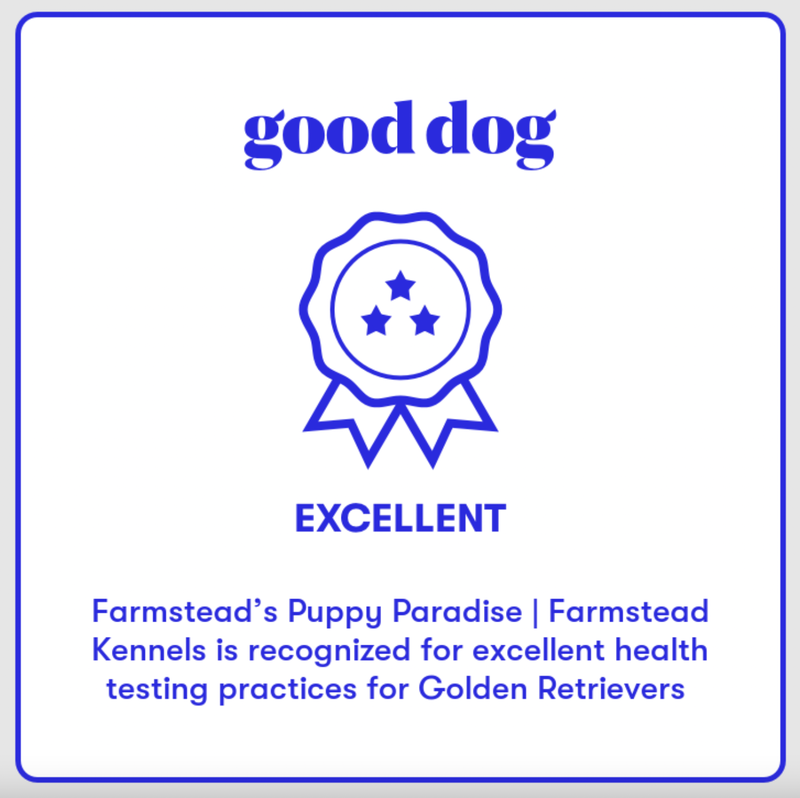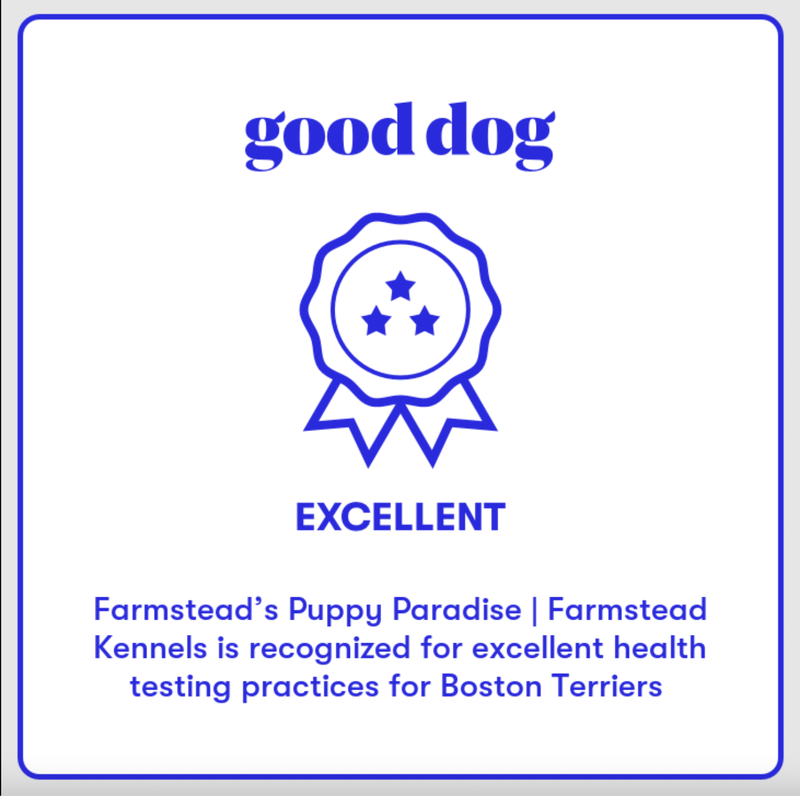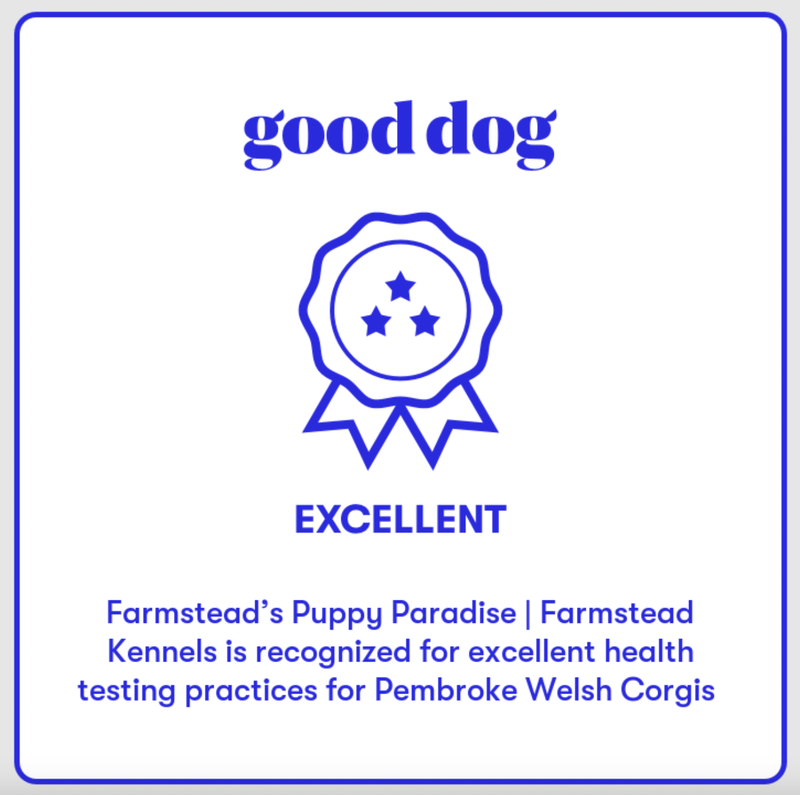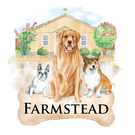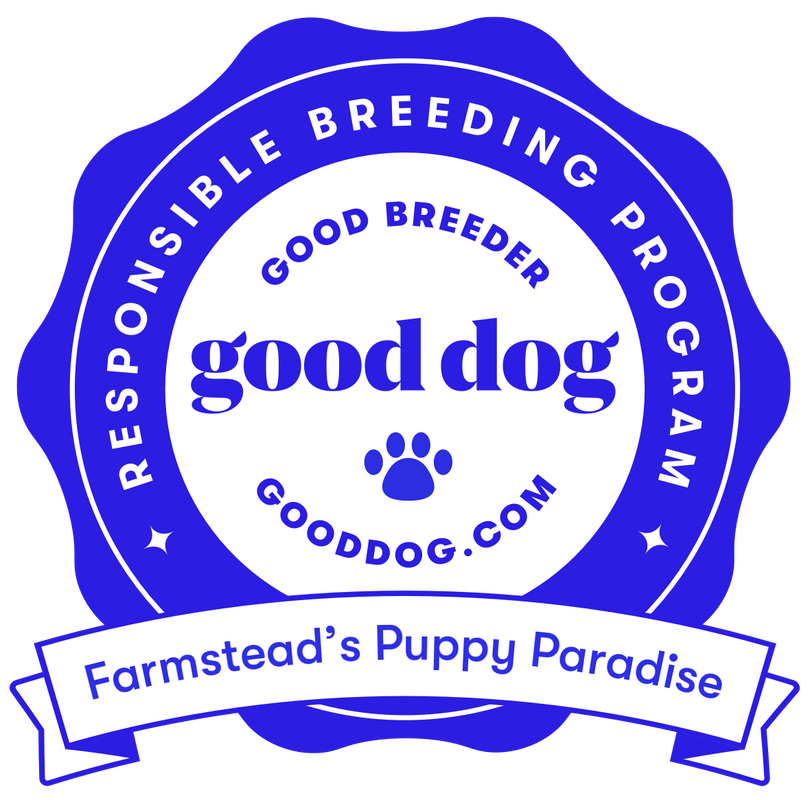Genetic Testing
The parents within our Breeding Program are genetically tested for autosomal-recessive conditions, prior to mating. This ensures that their offspring will not be affected by either of their common, breed specific, inherited diseases. We test with OFA approved labs such as, Paw Print Genetics, Gensol Diagnostics, Animal Genetics, Embark and the University of Missouri.
The following information and links are sourced from Paw Print Genetics.
By clicking the name of each disease, you will be linked directly to their website where the disease itself is explained in detail, outlining just how important it is for responsible breeders to genetically test their breeding lineage.
By clicking the name of each disease, you will be linked directly to their website where the disease itself is explained in detail, outlining just how important it is for responsible breeders to genetically test their breeding lineage.
Golden Retrievers- Ichthyosis (Golden Retriever Type)
Aliases: ICH, ICT - Degenerative Myelopathy Aliases: Canine degenerative myelopathy, DM - Neuronal Ceroid Lipofuscinosis 5 (Golden Retriever Type) Aliases: Amaurotic Idiocy, Batten Disease, NCL, NCL5 - Progressive Retinal Atrophy, Golden Retriever 1 Aliases: GR-PRA1, GR1-PRA - Progressive Retinal Atrophy, Golden Retriever 2 Aliases: GR-PRA2, GR2-PRA - Progressive Retinal Atrophy, Progressive Rod-Cone Degeneration Aliases: PRA-PRCD, PRCD |
Boston Terriers- Degenerative Myelopathy
Aliases: Canine degenerative myelopathy, DM - Hereditary Cataracts Aliases: Early onset cataracts, Juvenile cataracts, HC, JC, JHC |
Pembroke Welsh Corgis- Degenerative Myelopathy
Aliases: Canine degenerative myelopathy, DM - Exercise-Induced Collapse Aliases: EIC - Von Willebrand Disease I Aliases: Pseudohemophilia, Vascular hemophilia, Von Willebrand disease type 1, Von Willebrand's Disease, VWD1 |
Understanding the difference between autosomal-recessive and autosomal-dominant conditions/diseases.
To clarify, each of the genetic tests available for our breeds are Autosomal Recessive.
Autosomal Recessive conditions
An autosomal-recessive condition means that a dog must inherit two copies of an abnormal gene (one mutation from each parent) before its health is affected.
RESULTS
A (CLEAR/NORMAL): These dogs have two copies of the normal gene and will neither develop nor pass the mutation to their offspring.
B (CARRIER/NOT AFFECTED): These dogs have one copy of the normal gene and one copy of the mutation associated with the specific disease. They will not develop the disease but will, if bred, pass the mutation to 50% of its offspring, on average.
C (AT RISK/AFFECTED): These dogs have two copies of the mutation associated with the disease/condition that has been tested for. These dogs are susceptible/likely to develop and/or be affected by the disease/disorder and will pass down one copy of the mutation to all of their offspring.
Autosomal Dominant conditions
An autosomal-dominant condition means that a dog need only inherit one copy of an abnormal gene (from either parent) before its health is affected.
An autosomal-recessive condition means that a dog must inherit two copies of an abnormal gene (one mutation from each parent) before its health is affected.
RESULTS
A (CLEAR/NORMAL): These dogs have two copies of the normal gene and will neither develop nor pass the mutation to their offspring.
B (CARRIER/NOT AFFECTED): These dogs have one copy of the normal gene and one copy of the mutation associated with the specific disease. They will not develop the disease but will, if bred, pass the mutation to 50% of its offspring, on average.
C (AT RISK/AFFECTED): These dogs have two copies of the mutation associated with the disease/condition that has been tested for. These dogs are susceptible/likely to develop and/or be affected by the disease/disorder and will pass down one copy of the mutation to all of their offspring.
Autosomal Dominant conditions
An autosomal-dominant condition means that a dog need only inherit one copy of an abnormal gene (from either parent) before its health is affected.
For additional information regarding DNA health testing please visit The Kennel Club, UK using the following link:
https://www.thekennelclub.org.uk/health-and-dog-care/health/getting-started-with-health-testing-and-screening/dna-testing/
https://www.thekennelclub.org.uk/health-and-dog-care/health/getting-started-with-health-testing-and-screening/dna-testing/
